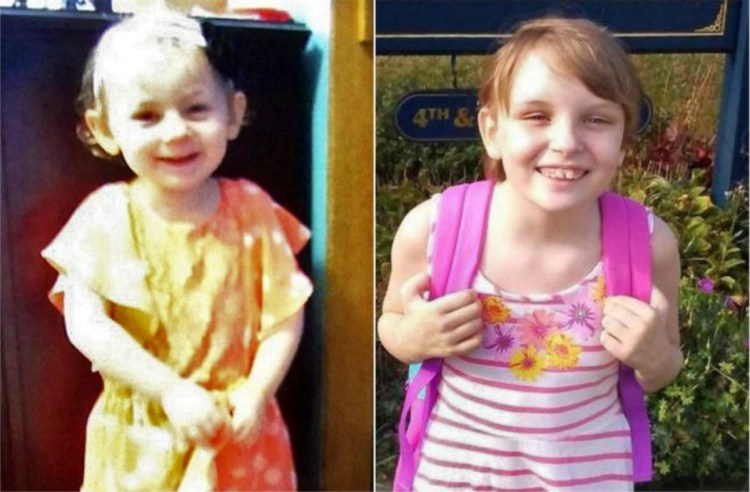What did they know, when did they know it, and what did they do about it then?
Those are the questions we asked about the state child protection system in March, after 10-year-old Marissa Kennedy of Stockton Springs was beaten to death, and her two parents charged with her murder. They were unanswered then, and they remain so today, even after the release by the legislative watchdog agency of a report on the handling of Kennedy’s case and that of Kendall Chick, a 4-year-old from Wiscasset who suffered similarly.
The report, released Thursday, describes the policies and procedures under which the state Office of Child and Family Services is supposed to operate. It provides in broad strokes the roles and responsibilities of everyone involved in a child abuse case — social workers, educators, law enforcement, medical professionals.
It also lists what the Department of Health and Human Services has changed since the two deaths, as well as “potential areas of concern or improvement” as identified by the watchdog, the Office of Program Evaluation and Government Accountability.
But it gives little to no indication of what Child and Family Services knew about the abuse as it was happening, or how they responded. It shines little light on how the abuse of those two girls was able to go unnoticed, or at least unaddressed.
It is that information that strikes at the heart of the issue — and it is being kept from the public through what seems like an overzealous application of privacy laws. Critical pieces of the story were left out of the report because of federal and state confidentiality laws and the pending criminal investigations into the deaths.
So while the report concludes that the state did not follow policies and procedures in assessing the placement of one of the children, and failed to properly coordinate the sharing of crucial information in the case of the other, we know next to nothing about how the agency came to those conclusions.
That is no small matter. Two young girls died as the result of abuse suffered over time. The abuse was right there to see, yet it was not acted on. There are thousands of abuse cases reported to the state each year — how many other kids are there like Marissa Kennedy and Kendall Chick?
As Sen. Roger Katz, the Republican co-chairman of the Government Oversight Committee, said, the investigation into such a “colossal failure” by government should supercede concerns over privacy rights in cases. Laws meant to protect individuals should not be used to let a state department off the hook.
The report this week is not the final word on the matter. The Office of Program Evaluation and Government Accountability will continue its investigation, using what it has learned so far to delve deeper into Maine’s child protection system and its overall effectiveness.
That report is scheduled to come out next year, just as a new governor is coming into office. If it does not offer a more complete picture of how the state failed those two girls, then whoever is in the Blaine House must get to the bottom of it.
We’ll even give them a place to start — what did they know, when did they know it, and what did they do about it then?
Send questions/comments to the editors.



Comments are no longer available on this story